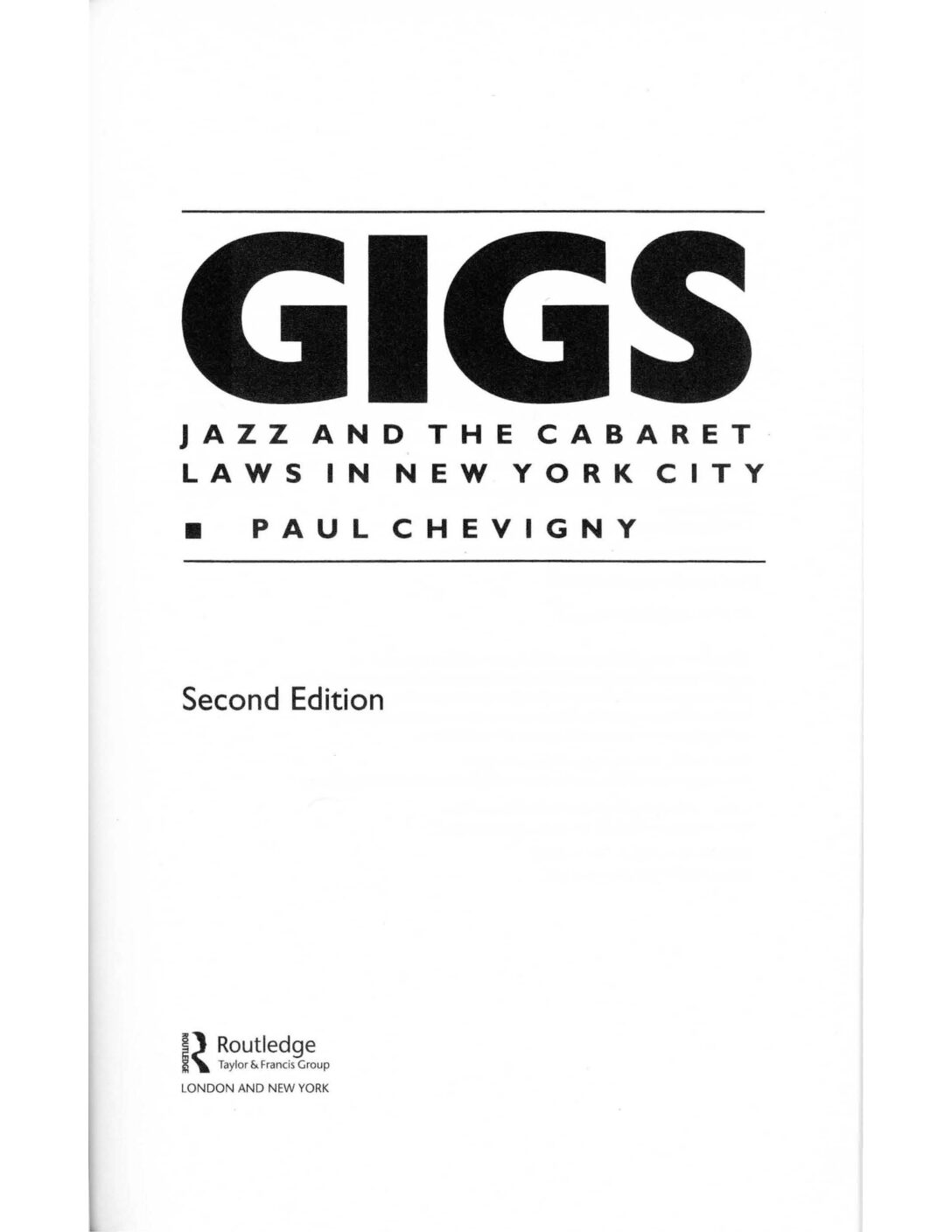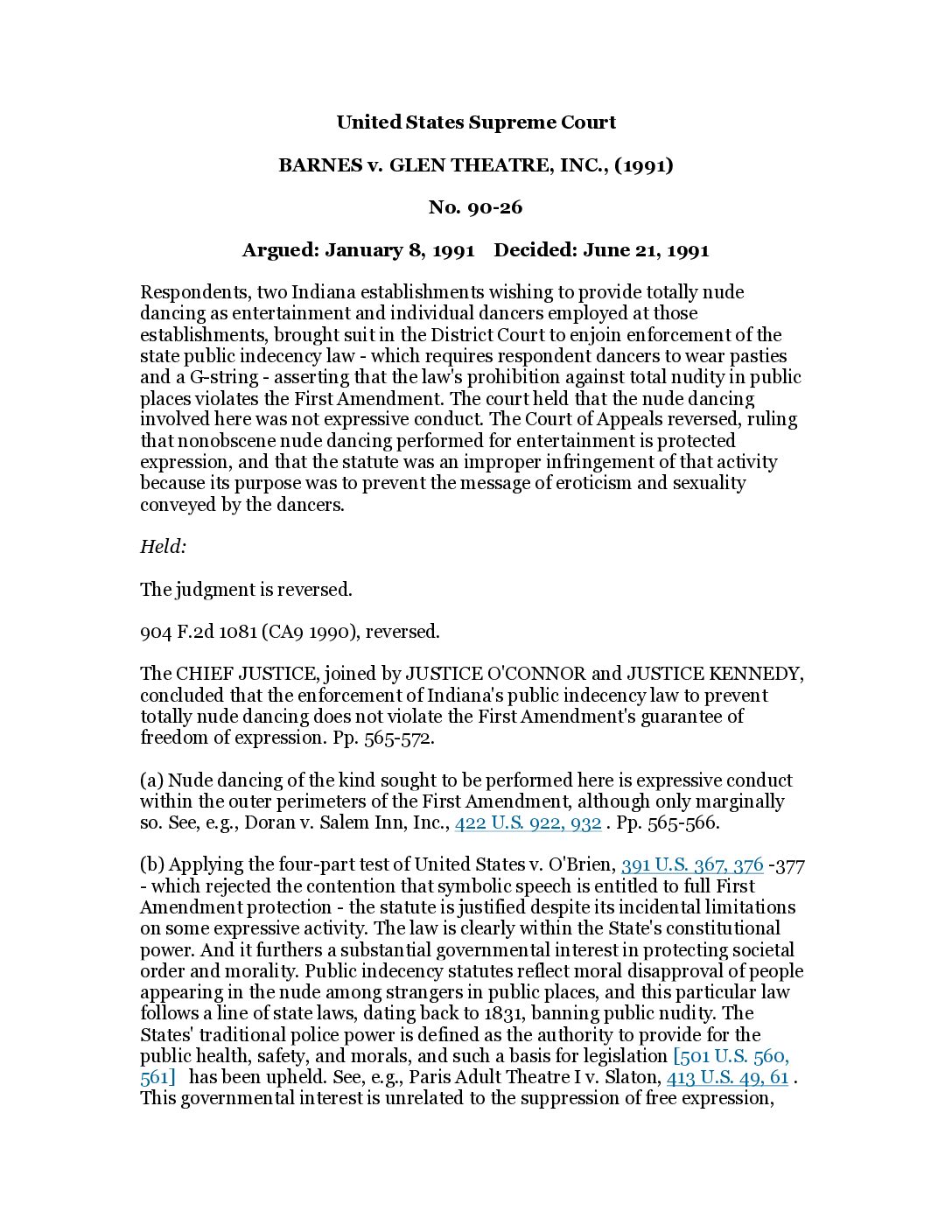Constitutional Law Attorney and Counsel for Plaintiffs in Chevigny and Festa Cases book on the Cabaret Law and litigation to eliminate restrictions against music.
Document Category: Caselaw
Muchmore Court Memorandum on Motions June 29, 1916
Memorandum and Order of Judge Roslynn R. Mauskopf, United States District Court of the Eastern District of New York declining to dismiss the Muchmore complaint against the City, and, among other findings, declined to find that social dancing was unprotected expressive conduct. p 31.
Festa v. New York City Department of Consumer Affairs -Supreme Court and Appellate Division
in 2004, John Festa and other social dance teachers challenged the constitutionality of the zoning resolution restrictions against dancing, winning in the trial court (Supreme Court), but reversed on appeal “Recreational dancing is not a form of expression protected by the federal or state constitution ” Litigation brought by Paul Chevigny.
Local Law 178 – 2017 Establishing Office of NIghtlife and Advisory Board
Local Law 178 was adopted in 2017 in conjunction with the repeal of the Cabaret Law, and established an Office of Nightlife within the office of the mayor or other agency. The law also created a nightlife advisory body.
Barnes US Supreme Court 1991
Nude dancing may be prohibited “governmental interest served by the text of the prohibition is societal disapproval of nudity in public places and among strangers.” Not all dancing is entitled to First Amendment protection, citing Stanlgin.
Muchmore’s Cafe, LLC v. City of New York 2014 Docket
Muchmore’s Cafe, LLC v. City of New York 1:14-cv-05668 (USDC EDNY 2014) View Docket at Court Listener with Links so All Filings
Chiasson v. NYC Dept. of Consumer Affairs 1988
The New York Supreme Court in the second Chiasson case in 1988 held that limiting the number of musicians who can play at unlicensed establishments to three is not constitutional.
Dallas v. Stanglin, US Supreme Court, 1989
Supreme Court decision often interpreted as holding that no constitutional protection for social dancing.
Chiasson v. New York City Department of Consumer Affairs 1986
This is the first Chiasson decision holding 1961 amendment to Cabaret Law restricting types of instruments that may be played in unlicensed clubs to not allow percussion, wind, and brass was not enforceable, and deferred consideration to further proceeding as to whether restrictions on numbers of instruments were permissible.








